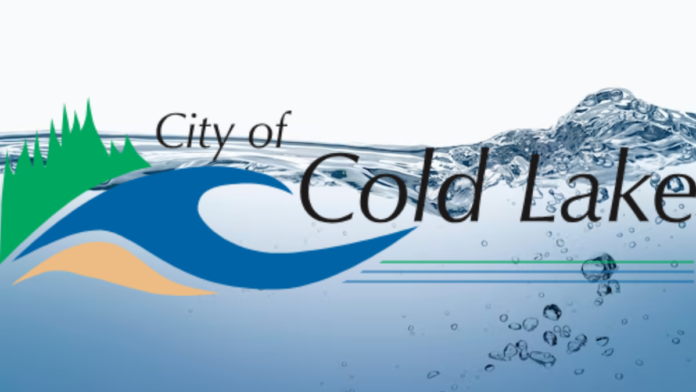During the latest Corporate Priorities meeting of the city of Cold Lake, held on March 19, the administration engaged with the council to determine the municipality’s vision and expect outcomes for water curtailment and conservation, following directives from Alberta Environment and Protected Areas Minister Rebecca Schulz.
The meeting commenced with a briefing on Minister Schulz’s letter addressing Alberta’s significant drought conditions. The government is currently at Stage 4 of its water management plan. In response, municipalities, including Cold Lake, have been urged to develop water shortage plans to manage potential decreases in water availability.
City of Cold Lake CAO Kevin Nagoya underscored the importance of preparedness for possible water shortages, particularly with the impending dry season. He outlined the development of an updated Water Demand Policy 236-OP-24 and a Water Shortage Response Plan to guide water demand management during shortage events.
“The policy provides the legislative tools for the municipality to implement these different stages,” Nagoya explained.
The new policy and plan aim to ensure an adequate water supply while prioritizing public health and safety. It includes four stages of response, advisory, volunteer, mandatory, and emergency rationing, each with specific measures to curtail water demand as needed.
Councilor Chris Vining supported voluntary restrictions, suggesting that even minor measures could benefit conservation efforts. Similarly, Councilor Vicki Levebvre advocated maintaining current policies and focusing on voluntary initiatives rather than immediate alternatives.
Mayor Craig Copeland emphasized the importance of cautions messaging regarding water conservation efforts, highlighting the need to avoid causing residents’ unnecessary concern.
The council concluded the discussion with CAO Nagoya, recommending the ratification of the policy for water usage under emergency conditions. Nagoya also suggested separate discussions on restriction education. The council agreed to ratify the policy, reflecting a proactive stance toward water conservation while balancing the need for prudent communication and community engagement.


